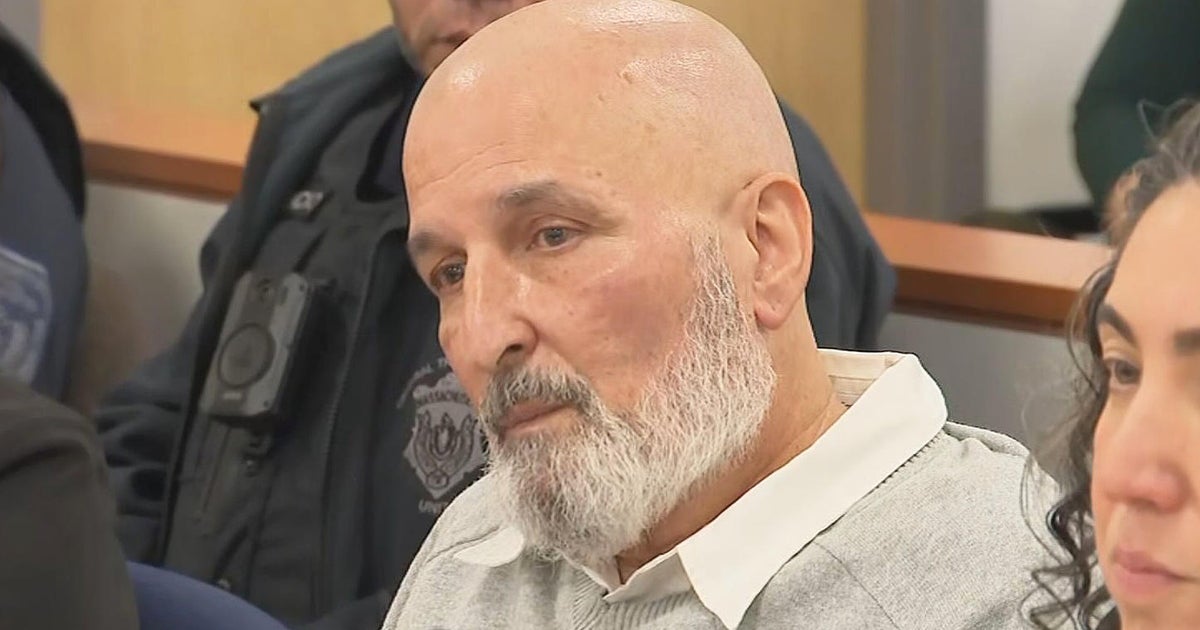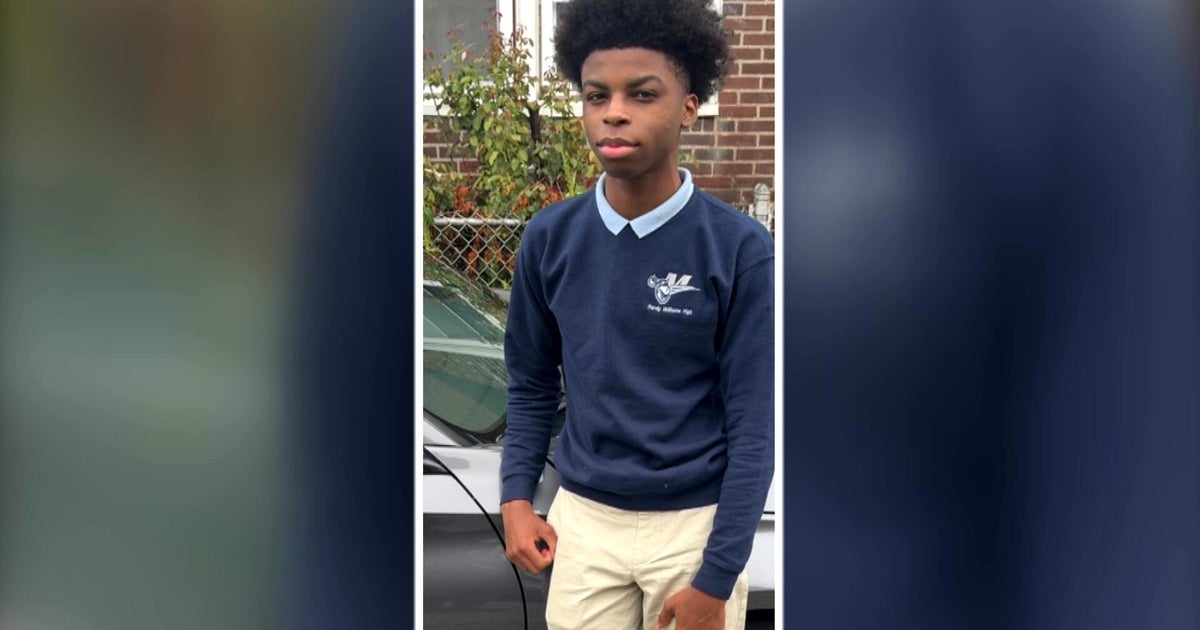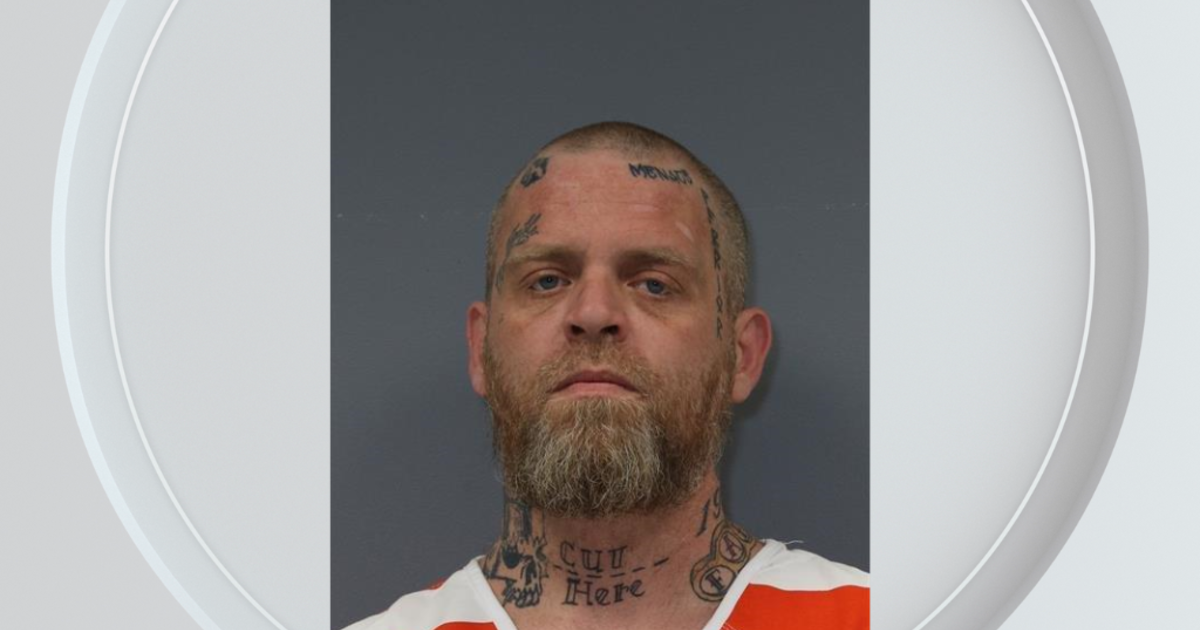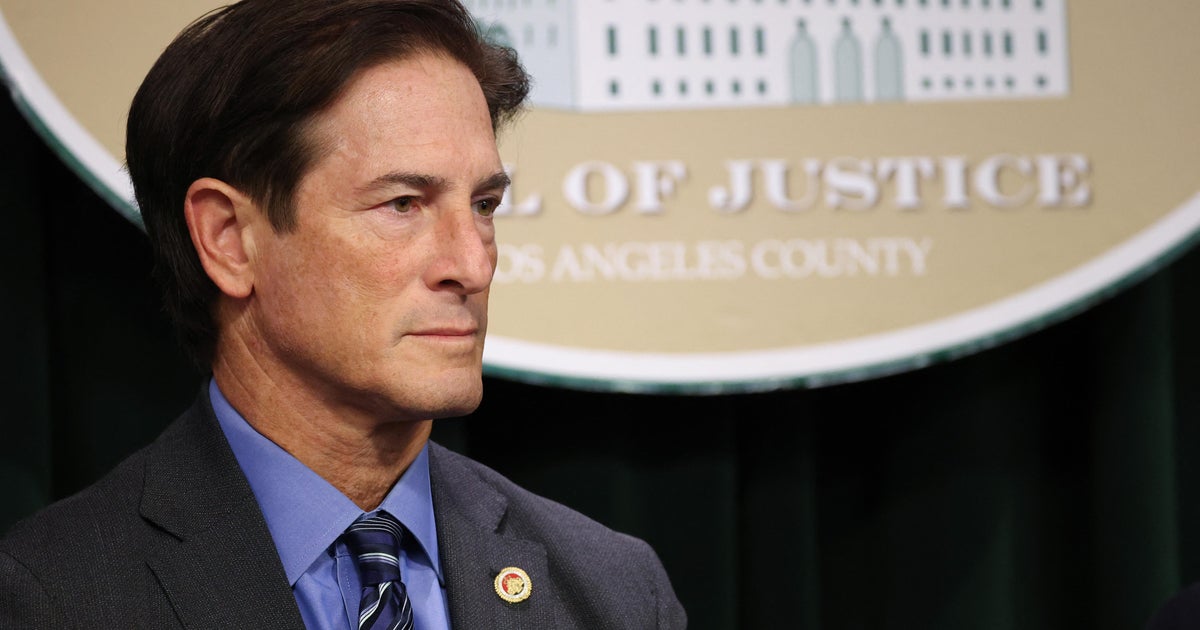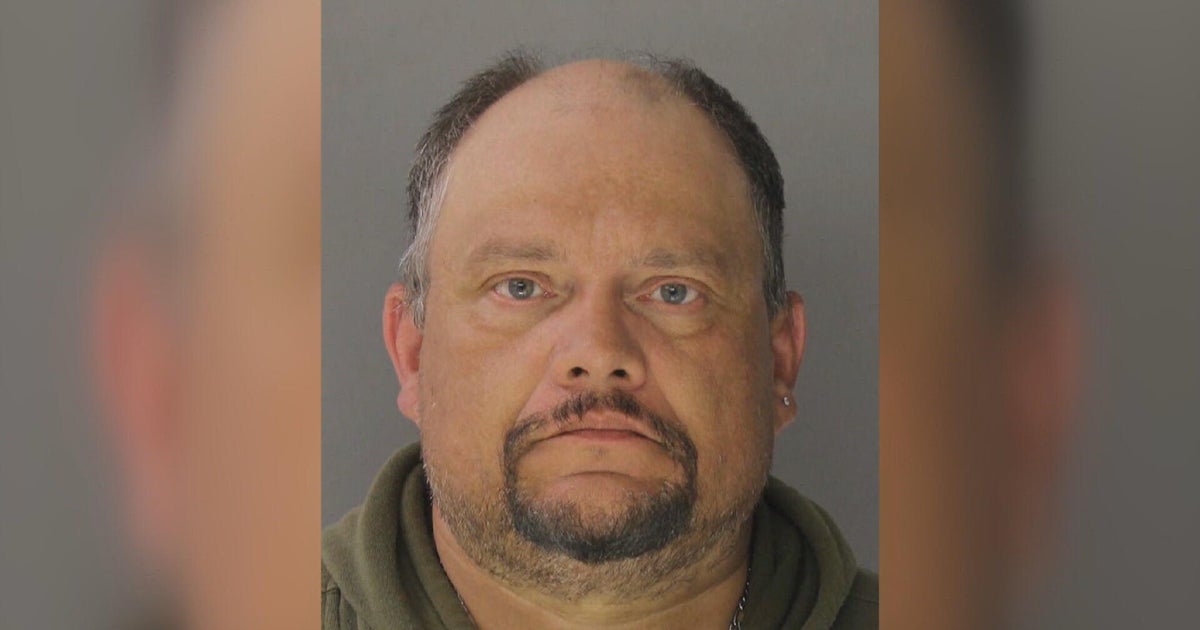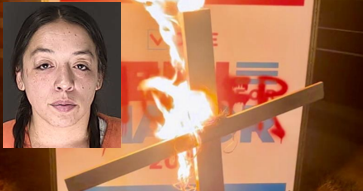Michelle Carter Denied Parole In Teen Texting Suicide Case
NATICK (CBS/AP) – A state board has denied Michelle Carter's request for parole in a teen texting suicide case. Carter was seeking release after serving 7 months of a 15-month sentence for her role in the death of her boyfriend Conrad Roy.
"The [Board] is troubled that Ms. Carter not only encouraged Mr. Conrad to take his own life, she actively prevented others from intervening in his suicide," the Massachusetts Parole Board stated in a decision released Friday. "Ms. Carter's self-serving statements and behavior, leading up to and after his suicide, appear to be irrational and lacked sincerity."
The board went on to state that releasing Carter now is "not compatible with best interest of society" and that she did not sufficiently explain why she showed a "lack of empathy" for the crime.
Carter, her lawyer and members of the family of Conrad Roy III didn't comment after Thursday's closed-door hearing.
She was convicted in 2017 of involuntary manslaughter in 18-year-old Roy's death following a bench trial in which a judge — rather than a jury — decided her fate.
The judge found then-17-year-old Carter caused Roy's 2014 death when she ordered him in a phone call to get back in his carbon monoxide-filled truck that he'd parked in a Kmart parking lot.
The phone call wasn't recorded, but the judge relied on a text Carter sent her friend in which she said she told Roy to get back in.
Carter didn't take the stand at her trial.
Carter's attorneys argued her texts were constitutionally protected free speech. The state Supreme Judicial Court, however, disagreed, upholding her conviction in February.
Carter's lawyers have since appealed to the U.S. Supreme Court, but the nation's highest court hasn't decided whether it will take up the case yet.
Carter, meanwhile, began her sentence in February at the Bristol County House of Corrections in Dartmouth, the same jail where disgraced New England Patriots star Aaron Hernandez served time for murder.
Carter's case has garnered national attention and sparked legislative proposals to criminalize suicide coercion.
The case was the subject of a two-part HBO documentary that was released in July.
Lawmakers in Massachusetts have also proposed "Conrad's Law," which would make convincing or manipulating someone into committing suicide a crime punishable by up to five years in jail.
A wrongful death suit filed by the Roy family against Carter was also dismissed with prejudice in April after being resolved privately.
(© Copyright 2019 CBS Broadcasting Inc. All Rights Reserved. The Associated Press contributed to this report.)

